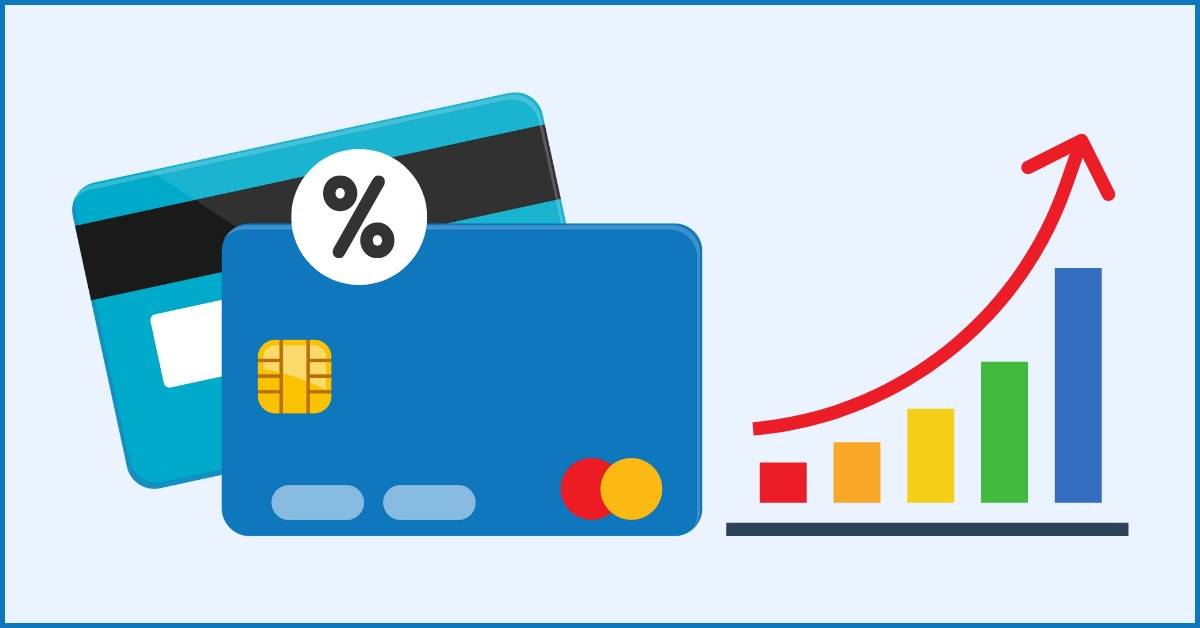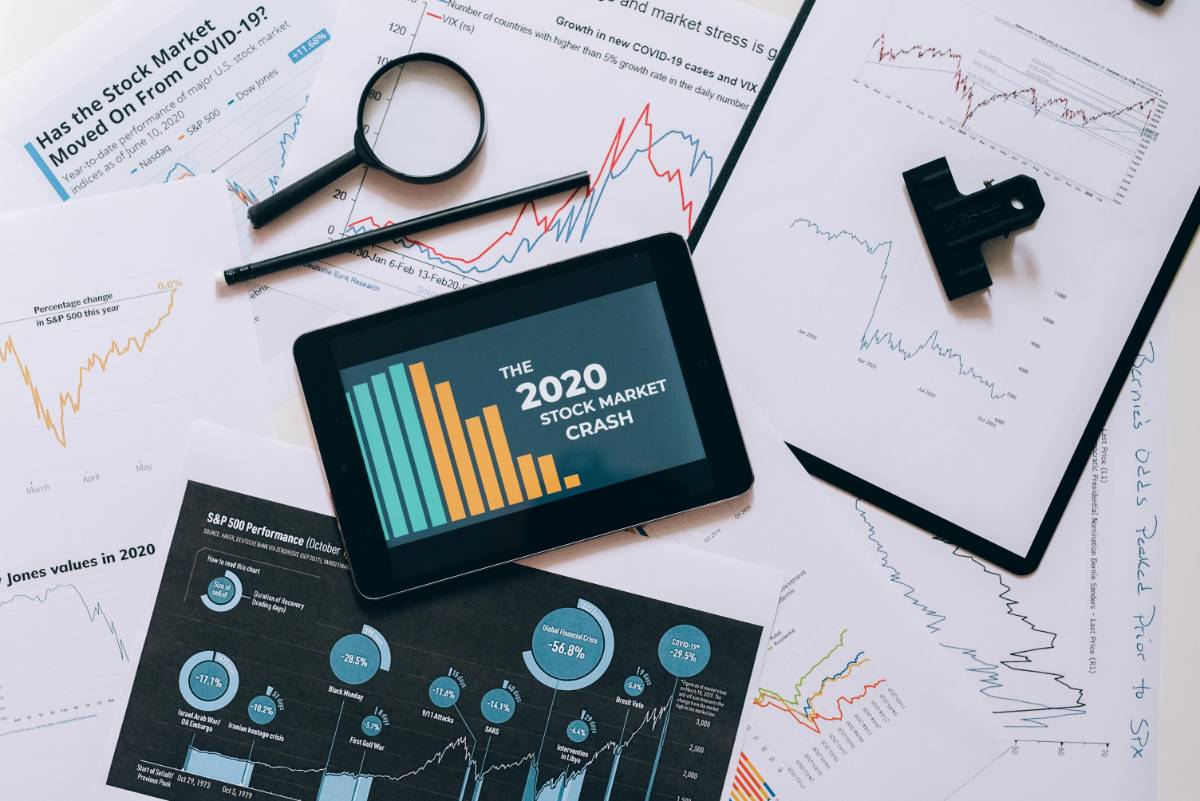
5 Secret Credit Card Tricks Banks Don’t Want You to Know
 By Rahul Sharma
By Rahul SharmaCredit cards can be a double-edged sword, offering convenience and rewards while also leading to potential debt if not managed wisely. Many people are unaware of the hidden tricks and tactics that credit card companies use to maximize their profits. In this article, we’ll uncover five essential tricks that banks don’t want you to know, enabling you to take control of your finances and make the most of your credit cards.

You Can Negotiate Your Interest Rate
What You Can Do: If you’ve been a responsible cardholder with a good payment history, don’t hesitate to call your bank and ask for a lower interest rate. Many card issuers are willing to negotiate to retain good customers.
Why It Matters: A lower APR can significantly reduce the amount you pay in interest, especially if you carry a balance. This simple step can save you hundreds or even thousands of dollars over time.

Understanding Minimum Payments
The Truth About Minimum Payments: Recent trends show that credit card companies have reduced minimum payment percentages. Instead of the traditional 5%, some cards now allow payments as low as 1% or a flat fee of $20, which can keep you in debt much longer.
Impact on Debt: Paying only the minimum can lead to a prolonged repayment period and substantial interest payments. For instance, a $5,000 balance at 18.9% APR paid at 2% per month could take over 30 years to pay off, costing you more than $19,500 in interest.


The Power of Rewards Points
Maximizing Rewards: If your credit card offers rewards points, consider transferring them to travel partners for enhanced value. For example, redeeming points for travel can sometimes yield 2 cents per point, compared to 1 cent when redeemed for cash.
Beware of Expiration: Check for expiration dates on rewards points, especially with retailer-specific cards. Some points can expire if not used within a certain timeframe.
You might also like
1. The Rise of Fintech: How Technology is Changing Finance2. Options Trading Strategies: Calls, Puts, and Spreads Explained3. Sector-Specific ETFs: Are They Worth the Investment?4. Passive vs. Active Investing: What Works Best in the U.S. Market?
Using Balance Transfer Checks Wisely

What They Are: Credit card companies often send balance transfer checks to entice you to use them for significant purchases or debt consolidation.
Caution: While these can offer low or 0% interest for a promotional period, always read the fine print. Using these checks without understanding the fees can lead to unexpected costs and more debt.

Automatic Payments Are Your Friend
Stay on Track: Setting up automatic payments for at least the minimum amount can help you avoid late fees and potential damage to your credit score.
Flexibility: Many banks offer the option to automatically pay the full balance, ensuring you avoid interest charges altogether. You can also adjust the amount or set reminders to check your account before payments.

Understanding these hidden tricks can empower you to manage your credit cards more effectively and potentially save you a lot of money. Don’t let credit card companies dictate your financial health; take charge by negotiating rates, understanding your payment options, and maximizing rewards.
About the author
 By Rahul Sharma
By Rahul SharmaRahul Sharma is a seasoned finance writer with over 8 years of experience helping millennials and Gen Z take control of their money. With a background in economics and a passion for demystifying complex financial concepts, Ananya shares actionable tips on budgeting, investing, and building long-term wealth. Her mission is to make financial literacy accessible, relatable, and empowering — no jargon, just smart money moves.
More like this

Stock Buybacks: How They Influence Share Prices
Stock buybacks have become a common strategy for companies looking to boost share prices and reward investors. Understanding their impact can help investors make informed decisions.

Meme Stocks: Are They Making a Comeback?
Meme stocks took the financial world by storm in recent years, driven by online communities and retail investors. As market conditions shift, many wonder if these stocks are making a comeback.

Dividend Stocks vs. Growth Stocks: Where’s the Best Opportunity?
Investors often face a crucial decision when building their portfolios: Should they invest in dividend stocks for stability or growth stocks for higher returns? Understanding the differences can help in making the right choice based on financial goals and risk tolerance.

How Geopolitical Events Affect U.S. Stock Performance
Geopolitical events have a significant impact on the U.S. stock market, influencing investor sentiment, market volatility, and sector performance. Understanding these effects can help investors navigate uncertainty and make informed decisions.

AI and Automation: The Next Big Disruptors in the Stock Market
Artificial intelligence and automation are transforming industries, and the stock market is no exception. These technologies are reshaping investment strategies, trading mechanisms, and market dynamics at an unprecedented pace.

S&P 500 vs. Nasdaq: Where Should You Invest?
Investors often compare the S&P 500 and the Nasdaq when deciding where to allocate their funds. Understanding the differences between these indices can help you make a strategic investment choice based on your risk tolerance and financial goals.

Why Tech Stocks Are Leading the Market Again
Tech stocks are once again at the forefront of the market, driven by innovation, strong earnings, and investor optimism. As companies in the sector continue to expand their influence, understanding the reasons behind this surge can help investors make informed decisions.

The Impact of Federal Reserve Policies on the Stock Market
Federal Reserve policies play a crucial role in shaping the stock market. Interest rate decisions, quantitative easing, and regulatory measures directly impact investor sentiment and market performance. Understanding these effects can help traders and long-term investors navigate the evolving financial landscape.

Top Performing Stocks on Wall Street This Quarter
The latest quarter on Wall Street has seen significant movements, with some stocks outperforming expectations while others struggled to keep up. Understanding these trends can help investors make informed decisions moving forward.

U.S. Stock Market Outlook: What to Expect in 2025
As we move into 2025, investors are looking for insights into the U.S. stock market's potential trajectory. Market trends, economic policies, and global events will all play crucial roles in shaping investment opportunities.




